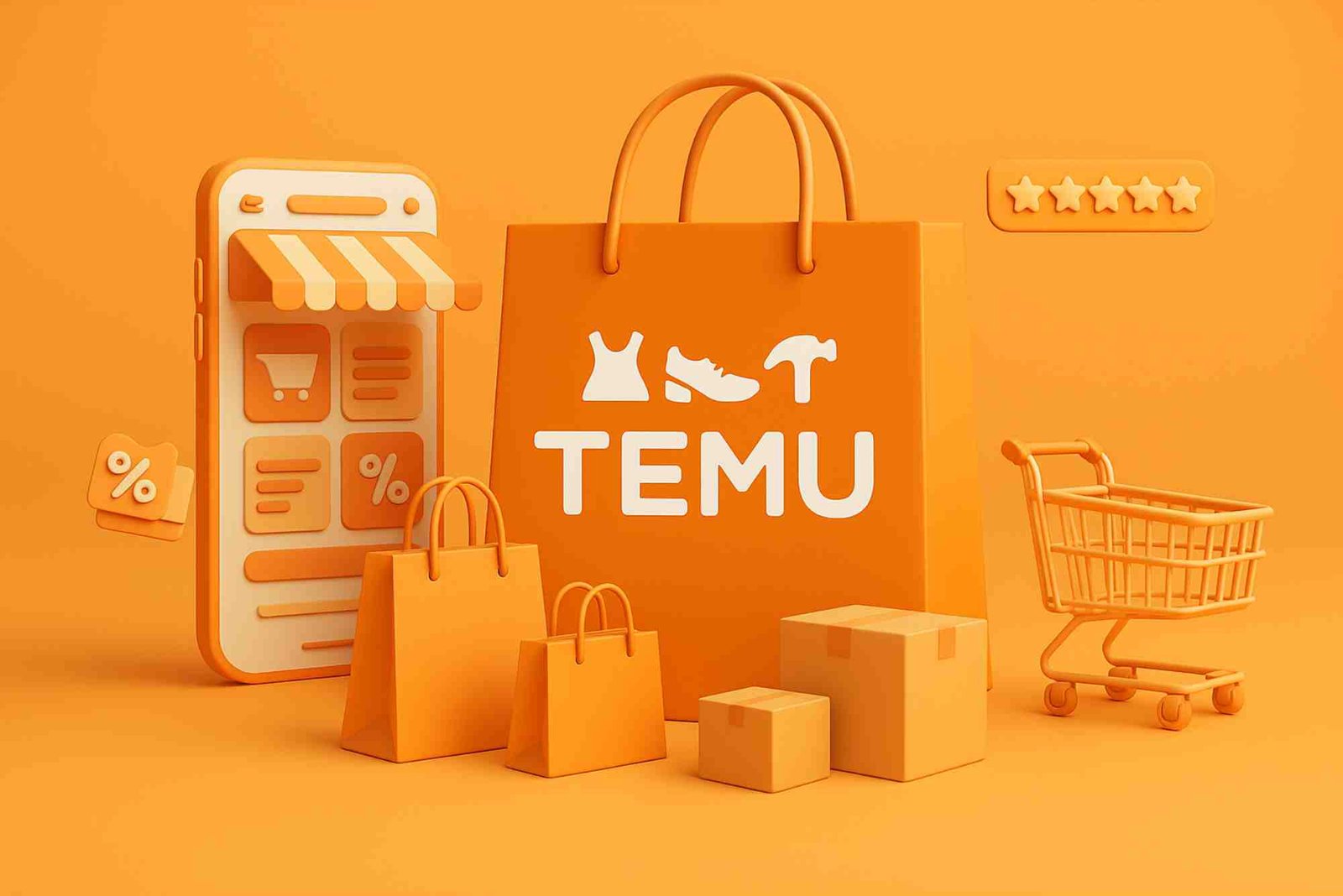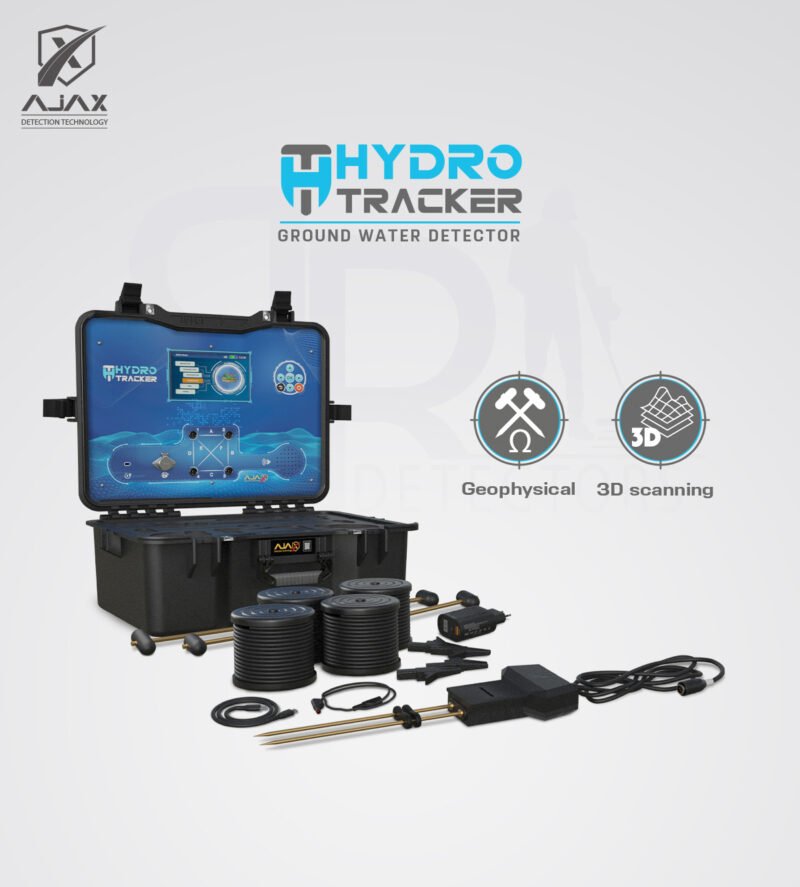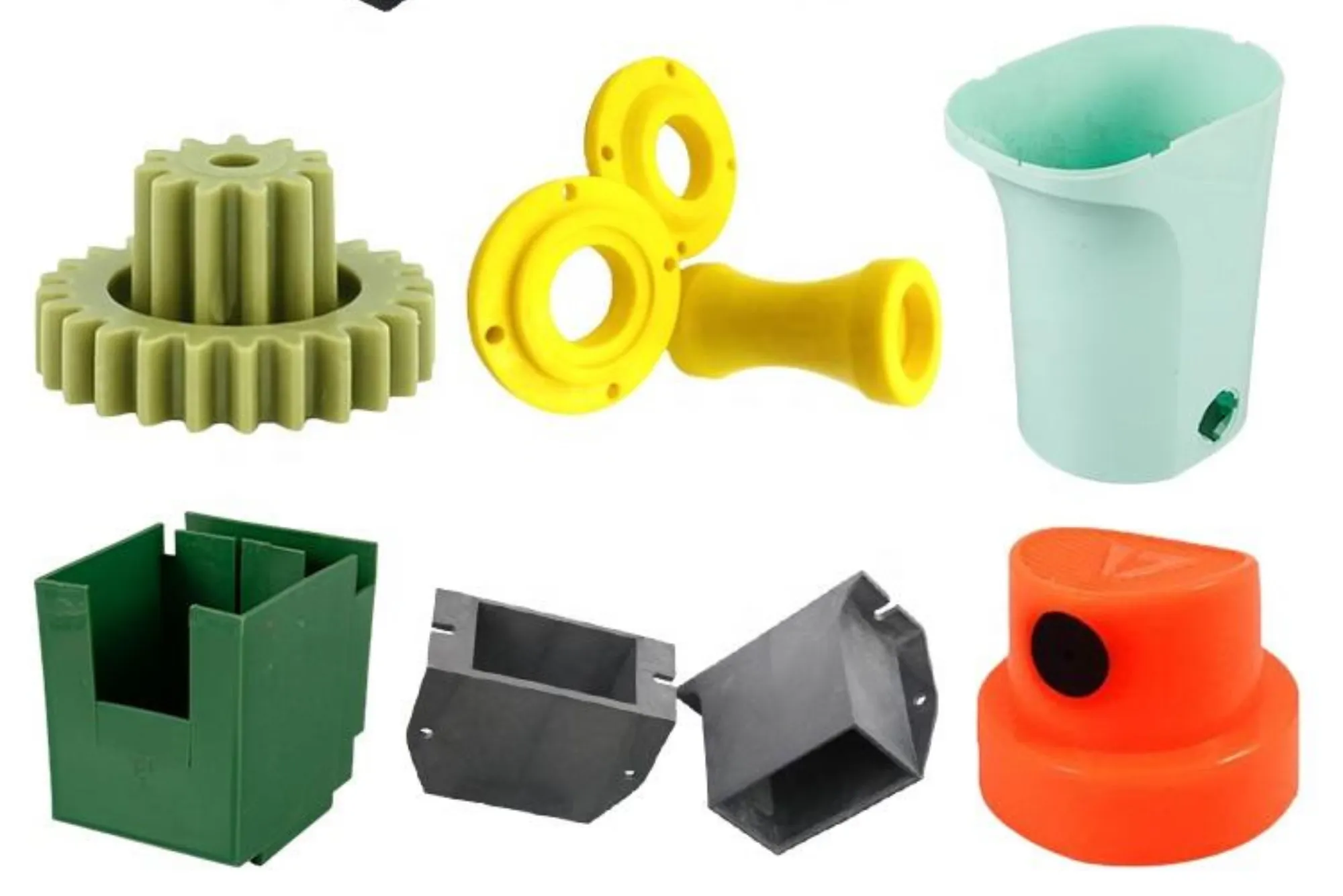Organizing large-scale summits isn’t just about booking venues and arranging catering. At the heart of successful event execution is a well-oiled procurement process that makes everything possible behind the scenes. When procurement teams and global event managers work in sync, the result is more than just logistical efficiency—it’s strategic impact.
Whether you’re attending a procurement summit or planning a global event management summit, understanding how these two disciplines intersect is essential for producing high-value outcomes. In this article, we’ll explore the practical mechanics of how procurement supports global events, share real-world challenges, and offer grounded advice based on experience in both domains.
The Overlap Between Procurement and Event Management
Procurement, in its simplest form, is about sourcing the right goods and services at the right price. Global event management, on the other hand, involves the orchestration of multiple moving parts—logistics, contracts, vendor relationships, and audience engagement—across multiple countries or regions.
So where’s the connection? Everywhere.
From the initial planning phase to post-event evaluation, procurement enables:
Vendor sourcing and negotiation
Contract compliance and risk mitigation
Budget forecasting and control
Supply chain management for event materials
Without procurement, global events would be vulnerable to inflated costs, unreliable suppliers, and last-minute failures. Conversely, without understanding the unique pressures of events, procurement teams risk missing critical delivery windows or underestimating the importance of service quality over cost.
Lessons from a Procurement Summit
At a recent procurement summit in Amsterdam, one recurring theme stood out: the growing role of procurement in strategic business functions, including events. Speakers emphasized how procurement is evolving from a cost-control function into a value-generating partner.
One panel discussed how procurement teams that collaborate early with event planners can negotiate better hotel rates, streamline vendor onboarding, and even secure exclusivity agreements that reduce future costs. These insights came not from theory, but from teams that have supported hundreds of global events.
The key takeaway? Event planning isn’t a last-minute task to be outsourced—it’s a strategic activity best managed with procurement’s input from day one.
Challenges in Merging Procurement and Events
Despite the synergies, integration is far from seamless. The two departments often operate under different timelines, metrics, and priorities.
Procurement wants cost savings and compliance. Event managers want flexibility and creativity.
This tension shows up in several ways:
Procurement may push for lower-cost suppliers, ignoring experiential quality
Event teams may bypass procurement to work with “trusted” partners
Inconsistent data or poor communication can delay critical decisions
These conflicts are solvable, but they require cross-functional understanding. Training procurement teams on the nuances of event delivery, and event planners on the risks and value drivers in procurement, creates alignment. It’s not about one function controlling the other—it’s about working in parallel.
Global Event Management Summit: A Case in Point
At the Global Event Management Summit in Singapore, event planners from Fortune 500 companies gathered to discuss exactly these challenges. One breakout session focused on procurement partnerships, highlighting how companies are using tech to bridge the gap.
Several firms showcased platforms that integrate supplier databases with event planning software. This allows event teams to see pre-approved vendors, track spend in real-time, and compare supplier performance. Procurement, meanwhile, gets visibility into event requirements early, enabling more strategic sourcing.
This summit made it clear: global event management is no longer a standalone task. It’s a business operation that requires procurement’s support to scale effectively across regions and time zones.
Why Procurement Adds Strategic Value to Events
Beyond cost control, procurement brings structure to an otherwise chaotic process. In a world where global events are increasingly complex—hybrid formats, multiple vendors, supply chain disruptions—procurement is the glue that holds things together.
Some examples of added value include:
Pre-negotiated master service agreements for speed and compliance
Bulk purchasing that leverages economies of scale
Risk assessments for high-stakes international contracts
Supplier performance reviews to ensure quality delivery
By embedding procurement into the event workflow, companies not only reduce risk but also gain leverage with vendors, improve forecasting accuracy, and free up planners to focus on creative strategy.
Building a Better Workflow Together
Successful collaboration between procurement and global event teams doesn’t happen by chance. It requires structure. Here are a few proven practices from companies that get it right:
Integrated Planning Sessions: Run joint planning meetings where both teams define timelines, budgets, and vendor strategies.
Shared KPIs: Move away from isolated performance metrics. Evaluate success based on combined outcomes like cost per attendee, vendor satisfaction scores, or event ROI.
Centralized Data Platforms: Use cloud-based tools that allow real-time collaboration on supplier data, contracts, and spend tracking.
Continuous Feedback Loops: After each event, run a debrief that includes procurement to review what worked and what didn’t.
These steps not only prevent last-minute surprises but also promote continuous improvement across both teams.
html
Copy
Edit
The Future of Procurement in Global Events
As global events become more digitally driven and experience-focused, the role of procurement is set to expand. In future procurement summits, we can expect more emphasis on:
Sustainable sourcing: Reducing waste and emissions from global logistics
Diversity in supplier selection: Meeting DEI goals through conscious vendor choices
Agile contracting: Shorter, more flexible agreements that match fast-changing event needs
AI-powered sourcing: Automating supplier shortlisting and price benchmarking
Procurement won’t replace event planners, but it will increasingly power their decisions. This is a positive development—when each function brings its strengths to the table, events are smarter, faster, and more cost-effective.
Final Thoughts
Whether you’re heading to a procurement summit to deepen your sourcing skills or attending a global event management summit to enhance your planning approach, one thing is clear: neither function can operate in isolation anymore.
Procurement and event management are two sides of the same coin. They share the same goals—efficiency, impact, and flawless execution—but often speak different languages. Bridging that gap isn’t just beneficial; it’s necessary.
If you want your next global event to run smoother, start by bringing procurement to the table early. And if you’re in procurement looking to increase your strategic impact, start learning the fundamentals of event delivery. That intersection is where the future lies.
Let the summits continue—but this time, with smarter collaboration.








